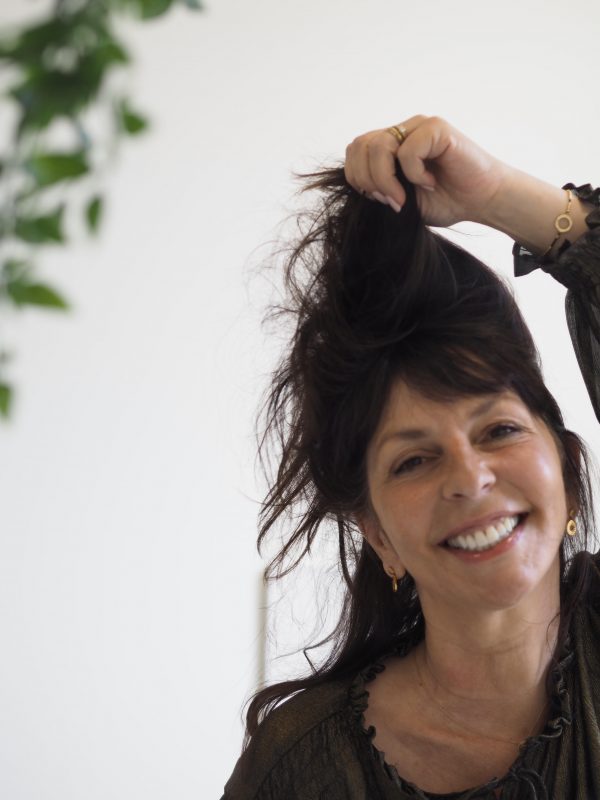If The Times is to be believed, we are now a nation of slack skinned, sun-damaged shadows of our former selves, creating grooves in the pavement in our droves to Botox practitioners in an effort to ‘repair’ the catastrophies that are our faces. It’s bad enough that the entire beauty industry is hell bent on telling us everything tiny thing that could be perceived as a flaw, from Maskne to Zoom face, needs mending but really, I don’t want to hear it from a national publication that should know better and offer more impartiality.
As always, it’s the result of ‘research’ – from a cosmetic treatment specialist, designed, I imagine to whip us up into neurosis so that we hone in on those previously un-noticed facial ‘irregularities’. There would be little to no point in the research finding that actually, women of the UK are more relaxed about their appearance (due to going nowhere), are benefiting from better skin (thanks to no make-up) and who really couldn’t give a shit if their hair is a bit messy.
It’s clear that as a nation, we are shifting more wine than before which can have detrimental effects to the complexion (and liver, but I’ll keep it beauty) and probably eating more than before. Stress, if you have children who have been confined to a sixth floor flat (or anywhere indoors) for months, of course – it’s going to take its toll – as will job insecurities, money worries, health issues – nothing about this has been easy. It feels inappropriate to extend the point to curing a slightly tired looking face.
Lockdown, for many, provided the first relief from the commute in years, mass Yoga With Adriene outbreaks and a full hour of grateful walking that may never have happened before. The sun shone in those hours of stepping out, our tones were warmer, our hair was messier but healthier, our complexions took on less pollution and benefited from an upsurge in skin care purchases, and most importantly of all, we lost the need to look perfect.
Stress and cortisol are inextricably linked, which via the nervous system, could, in theory lead to a loss of collagen and elastin (and fat, but we’re all eating more terrible things, remember, so surely there should be more?) which may show on your face. But, more likely, in my view, the survey refers to people who already have volume treatments and are noticing them running out. Because it all runs out in the end. I find it hard to believe that a survey from a tweakment practice surveyed people who had never had any.
Everything in my experience, from talking to friends and listening to readers and commenters, points to the fact that many of us are feeling better about how we look. As we arrive at that hard won place, to be told that actually, no, we look utterly awful (“pandemic grimace”) is unacceptable. If you look tired, it’s because you probably are – and there is absolutely no shame in that state of affairs. Similarly, if you look stressed – well, little wonder. It’s a very confusing and upsetting time. But there is no shame in this either and it is a transitory state. Things will get better, time will pass and now is not the moment to add to everyone’s burden by pointing out there is a problem with loss of collagen. As part of the beauty industry, we should be better than this – kinder and more open minded about what constitutes beauty exactly. Less set on perfection and more accepting that beauty is individual, more than one thing and doesn’t need endless tweaking to exist.
I just wanted to undo some of the damage by counterpointing what will no doubt become a popular beauty topic. It’s okay not to look perfect, it’s okay to look and feel tired and it is very much okay to turn your eyes away from a beauty theme that makes you feel worse. Beauty is an industry that exists on insecurities – look away from them – this is not what any woman needs to see right now. You can be both beautiful AND tired, I promise.




Leave a Reply